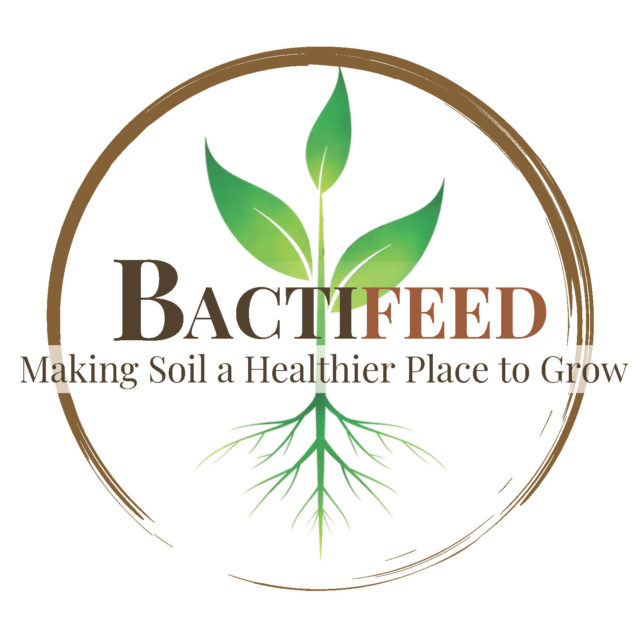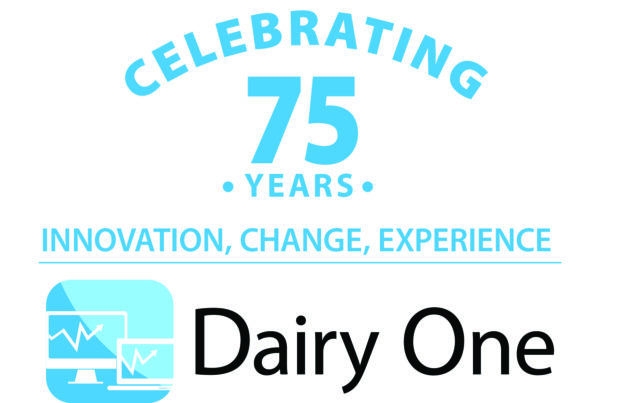This program, administered through the USDA’s National Institute of Food and Agriculture (NIFA), funds research and extension programs that improve alfalfa forage and seed yield, and trains producers to apply best practices.
“Research into critical agricultural science areas like this reach their full potential when coupled with extension activities. Applicants for these grants should keep in mind the importance of reaching out to producers and farmers to share information and apply research findings,” said NIFA Director Dr. Sonny Ramaswamy. “Integrating these two important functions is how agricultural solutions move from the lab to the farm and vice versa.”
Alfalfa and other forage crops are essential to sustainable agricultural systems and are economic engines for rural communities. These crops are valued for their soil conservation, nitrogen fixation, energy savings, crop rotation and wildlife habitat attributes. However, to provide these societal benefits, the production of forage crops must be profitable to farmers so they will be willing to maintain or expand base acreage.
AFRP supports integrated, collaborative research and technology transfer to improve the efficiency and sustainability of conventional and organic forage production systems. The program encourages projects that establish multidisciplinary networks to address priority national or regional science needs of the alfalfa industry. By bringing together expertise from multiple organizations and states, these projects will have greater impact and enhance the effectiveness of limited state, federal and industry resources.
The goals of AFRP are to improve alfalfa forage yield and seed yield through better nutrient, water and pest management; improve persistence of alfalfa stance by lessening biotic or abiotic stresses; improve alfalfa forage and seed harvesting and storage systems to optimize economic returns; improve estimate of alfalfa forage quality as an animal feed to increase forage usage in animal feeds; and use breeding to address biotic and abiotic stresses that impact alfalfa forage yield and persistence, and the production of seed for propagation.
Applications are due April 13. Please see the request for applications (PDF, 510KB) for specific program requirements.
Past projects include University of California research into ensuring the sustainability of western U.S. alfalfa production by characterizing deficient irrigation strategies, developing the capability for subsurface drip irrigation (SDI) and evaluating current and developing future alfalfa varieties and germplasm that are compatible with drought and SDI. A recent project from Mississippi State University will build on recent successes in promoting alfalfa use on farms, as well as evaluate microbial technologies that can improve alfalfa-grass baleage that will benefit farmers producing this forage. FG
—From USDA news release








